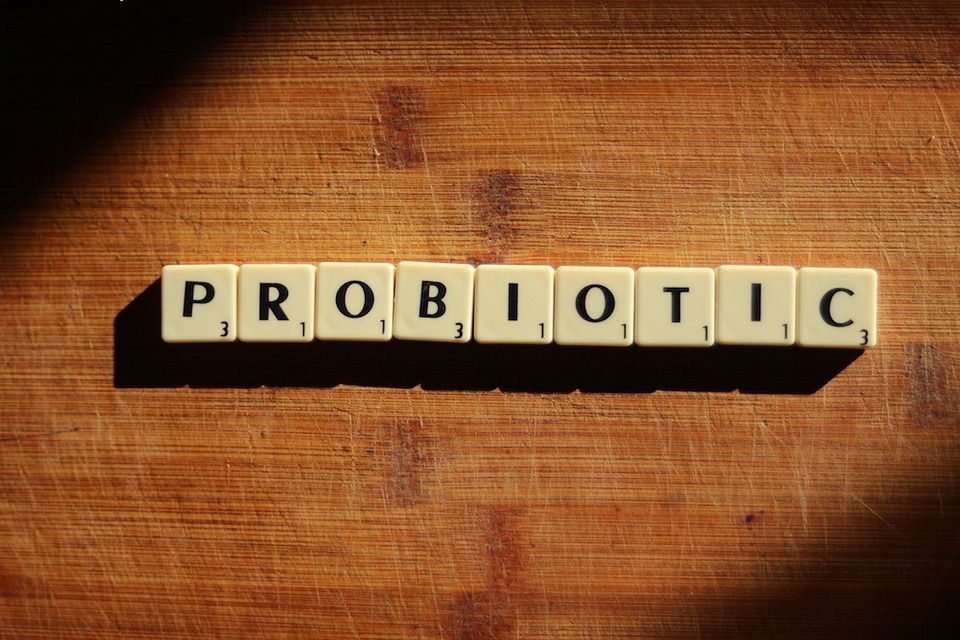The gut-brain connection is a complex system that involves the communication between the gut microbiome and the brain. Recent studies have suggested that the gut microbiome may play a role in cognitive function, and probiotics could be a potential tool to improve cognitive performance. In this article, we’ll explore the relationship between probiotics and brain function and how they can boost cognitive performance.
How Probiotics Affect Brain Function
Probiotics can affect brain function in several ways:
- Modulating Neurotransmitters: Probiotics can help modulate neurotransmitters, such as serotonin and dopamine, which are essential for cognitive function.
- Reducing Inflammation: Probiotics can help reduce inflammation in the body and brain, which can improve cognitive performance.
- Regulating Stress Response: Probiotics can help regulate the stress response, which can reduce the impact of stress on the brain and improve cognitive function.
- Improving Nutrient Absorption: Probiotics can help improve nutrient absorption, which can provide the brain with the nutrients it needs to function optimally.
The Benefits of Probiotics for Brain Function
Probiotics can benefit brain function in several ways:
- Improve Cognitive Performance: Some studies have suggested that probiotics can improve cognitive performance, including memory and attention.
- Reduce Anxiety and Depression: Probiotics can help reduce symptoms of anxiety and depression, which can improve cognitive function.
- Improve Mood: Probiotics can help improve mood, which can have a positive impact on cognitive performance.
Where to Find Probiotics for Brain Function
Probiotics can be found in a variety of foods and supplements. Here are some of the most common sources:
- Yogurt: Yogurt is one of the most well-known sources of probiotics. Look for brands that contain live and active cultures.
- Kefir: Kefir is a fermented milk drink that is similar to yogurt. It contains a variety of beneficial bacteria and yeasts.
- Sauerkraut: Sauerkraut is a fermented cabbage dish that is rich in probiotics. Look for unpasteurized sauerkraut to ensure that it contains live cultures.
- Kimchi: Kimchi is a spicy Korean dish that is made with fermented vegetables. It contains a variety of beneficial bacteria and can be a great source of probiotics.
- Kombucha: Kombucha is a fermented tea drink that is becoming increasingly popular. It contains a variety of beneficial bacteria and yeasts.
- Probiotic Supplements: If you’re not getting enough probiotics from your diet, you may want to consider taking a probiotic supplement. Look for one that contains a variety of strains of bacteria.
Final Thoughts
Probiotics can be a valuable addition to a health routine for their potential to improve cognitive function. By modulating neurotransmitters, reducing inflammation, regulating the stress response, and improving nutrient absorption, probiotics can improve cognitive performance and potentially reduce symptoms of anxiety and depression. By incorporating probiotic-rich foods into your diet or taking a probiotic supplement, you can help support a healthy gut microbiome and potentially improve your cognitive function. As always, be sure to talk to your doctor before making any changes to your diet or supplement routine.






